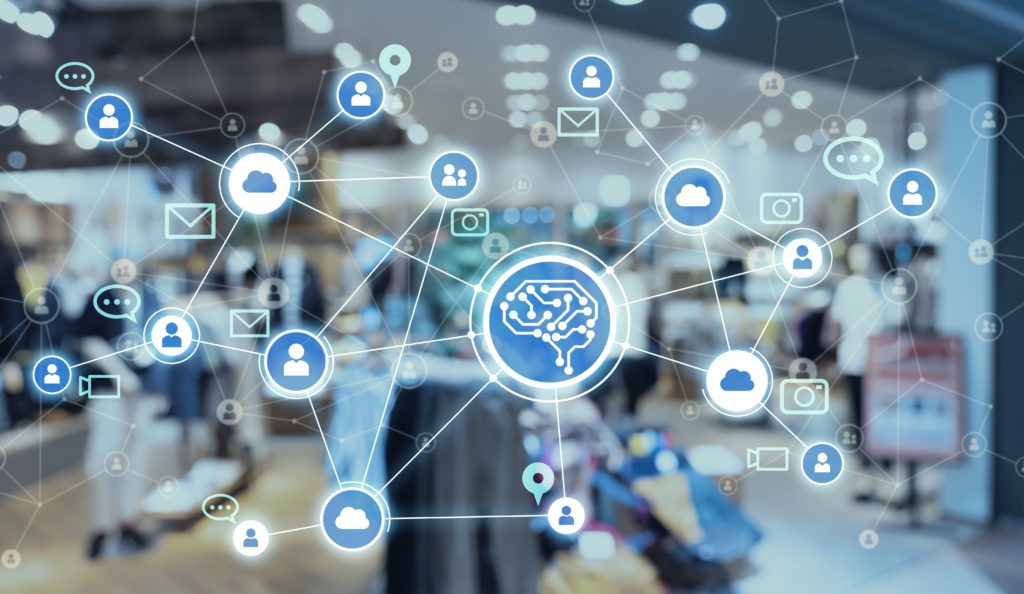In today’s fast-paced and highly competitive retail landscape, businesses are constantly seeking innovative ways to stay ahead of the curve. One of the most powerful tools at their disposal is Artificial Intelligence (AI). This cutting-edge technology has the potential to revolutionize the way retail businesses operate, from enhancing customer experiences to streamlining operations and increasing profitability. In this article, we’ll explore the myriad ways AI is reshaping the retail industry and why it’s becoming an indispensable tool for success.
1. Personalized Shopping Experiences: Imagine walking into a store where every product and promotion is tailored just for you. AI-powered recommendation engines, like those used by e-commerce giants Amazon and Netflix, analyze customer data to suggest products based on past purchases, browsing history, and preferences. This level of personalization not only improves customer satisfaction but also drives higher conversion rates and boosts sales.
2. Inventory Management and Demand Forecasting: AI algorithms can analyze historical sales data, external factors (such as weather patterns or economic trends), and real-time information to optimize inventory levels. Retailers can reduce overstocking or understocking issues, minimize wastage, and improve the accuracy of demand forecasting. This not only saves money but also ensures that products are available when customers want them.
3. Chatbots and Virtual Shopping Assistants: AI-powered chatbots are increasingly being used in retail to provide instant customer support, answer product queries, and guide customers through their shopping journey. These virtual shopping assistants are available 24/7 and can handle multiple customer inquiries simultaneously, improving the overall shopping experience and reducing the need for human intervention.
4. Visual Search and Augmented Reality: AI-driven visual search technology allows customers to find products by uploading images or using their smartphone cameras. Augmented reality (AR) applications enable shoppers to virtually try on clothes or visualize how furniture would look in their homes before making a purchase. These immersive experiences not only engage customers but also reduce the likelihood of returns.

5. Fraud Detection and Security: AI algorithms can detect fraudulent transactions and suspicious activities in real-time, helping retailers protect themselves and their customers from cyber threats. This is especially crucial in the era of online shopping, where the risk of data breaches and fraudulent activities is ever-present.
6. Price Optimization: Dynamic pricing powered by AI algorithms allows retailers to adjust prices in real-time based on demand, competitor pricing, and other variables. This ensures that prices remain competitive while maximizing profits.
7. Supply Chain Efficiency: AI can optimize supply chains by identifying bottlenecks, optimizing routes, and predicting potential disruptions. This not only reduces operational costs but also ensures that products reach customers faster and more reliably.
In conclusion, AI is no longer just a futuristic concept; it’s a game-changer for retail businesses today. Those who embrace AI technology will be better positioned to understand and cater to their customers’ needs, streamline operations, and ultimately increase their bottom line. As AI continues to evolve, its impact on the retail industry will only become more profound. So, if you want your retail business to thrive in the digital age, it’s time to harness the power of AI. Don’t get left behind; get ahead of the competition with artificial intelligence.
